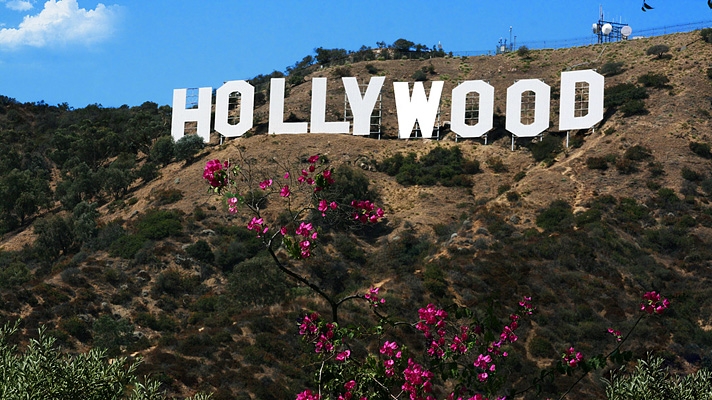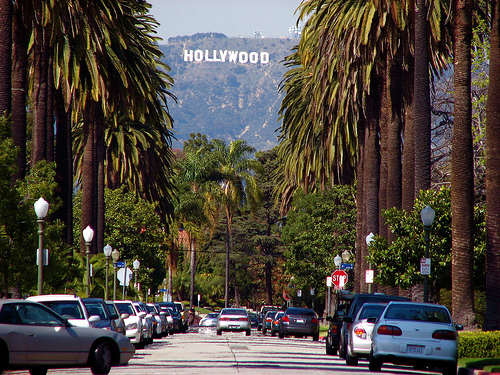Hair-Shmair: Our Black-Hairstory
It’s 2014 and African-American women’s hair is still an issue. Just last week BET got in trouble for saying that Beyonce and Jay Z’s daughter, Blue Ivy’s hair looked un-combed, simply because she’d worn it hair naturally on the VMA Awards. Hmmmm…This makes me think. With all the race issues in the U.S., are we still battling hair? I’ve noticed that celebs such as Oprah, Prince, Thandie Newton, Melissa Perry-Harris, Jill Scott, and Solange Knowles are all wearing their hair naturally. But can the average African-American woman go ‘natural’ in the workplace and still be perceived as quaffed? Would America be ready for the First Lady or her daughters to walk into the Rose Garden with locs, braids, or an Afro?
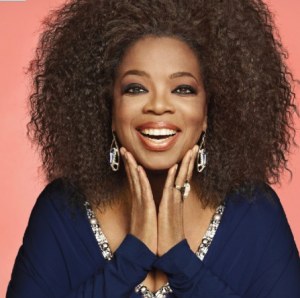
I could be wrong, but I think not. For most Black women the first hairstyle they wear is chosen for them. Mom decides what’s right and proper, and for many it begins with the use of a flatiron or relaxer to achieve the most acquiescing appearance–meaning hair that’s long, silky, shiny, manageable, quaffed, neat, groomed, polished, and acceptable to society—all equaling straight.
Our “hairstory” begins with Sarah Breedlove aka Madam CJ Walker was an entrepreneur and inventor of hair shampoos and ointments during the turn of the century. Her products were designed to strengthen hair, but when combined with a hotcomb, they were also very successful at straightening hair. Walker’s hair products would propel her into becoming the US’s first African-American millionaire.
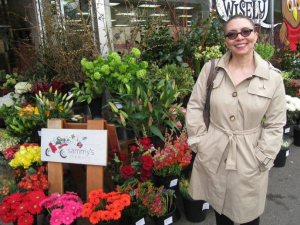
Today, the Black hair-care industry is a multi-billion dollar business, with African-American women spending almost ten billion dollars a year on beauty and hair care products–80 percent more than any other ethnic group. But in the last two years, chemical hair relaxer sales, marketed mostly to black women, have dropped by 12 percent, according to Mintel, a consumer spending and market research firm.
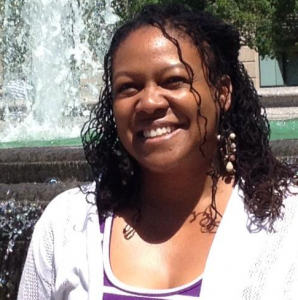
My sister Julie Varee, who lives in Anchorage, Alaska tells a story of an early love affair and later divorce from chemical processing. Eventually finding acceptance with her natural hair. “When I moved to Washington DC to work after college, I saw so many more Black women with natural and un-straightened hair. After a short stint with a Jeri-curl, I cut my hair short and began wearing it without any chemicals and then later I chose to have “locs” (a process of tightly knotting and forming hair into a long, snake-like roll). When I eventually cut them off, my boss at the time gushed that my hair looked so much more “professional” without the locs. I’ve kept my hair very very short and it hasn’t seemed to have an impact on my career—even in Alaska,” Varee says.
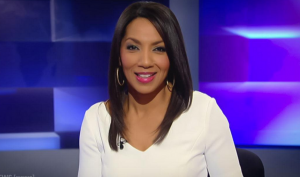
The question of whether natural hair is a political statement depends on who you ask. Tiveeda Stoval, Community Service Program Coordinator at University California San Diego, is a self-proclaimed “hair-activist” of sorts. She says she never felt as beautiful as when she stopped wearing hair weaves, using chemical relaxers or hot-combs to try to straighten her hair. She began wearing her hair in “sisterlocks” nine years ago, and says her hair has never been an issue in the workplace. “It’s my statement, but I don’t believe it has really held my career back at all. I work in non-profit though, maybe it’s different in a corporate job. My kids are bi-racial. My daughter and son have both cut their hair super-short. My daughter used to wear locs and my son had a huge afro,” Stovall says.
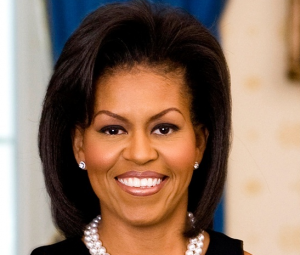
FOX News anchor Arthel Neville, who wears her hair almost exclusively in a straight hairstyle, says she believes hair is important in front the camera, but that doesn’t necessarily means it has to be straight. “You can’t have distracting hair. As long as you look pulled together it shouldn’t matter how you wear it—be it braids, locs, or straight. I wore my hair in mini-braids ten years ago, it was a more casual look. I wouldn’t wear it today on-air as an anchor,” Neville says.
According to Assistant District Attorney and Section Prosecutor, Geya Williams-Prudhomme, “If First Lady Michelle Obama were to wear her hair naturally, she’d get massacred in the media. In my office, I see Black women confidently wearing their hair naturally, but my white male co-workers have been known to make little jokes. I heard about a male DA a few years ago who had locs. They really made fun of him saying they didn’t know if he were the DA or the criminal,” Prudhomme says.
Black women who do straighten their hair go to great extents to maintain these expensive and high-maintenance styles. Staying away from water and sweat is an absolute with chemical or heat processed straight styles—even if effects their health. Doctor Amy J. McMichael, M.D., conducted a study at Wake Forrest University, and found that complications of hair care is the main reason why many of her African-American patients don’t exercise as much as they’d like to.
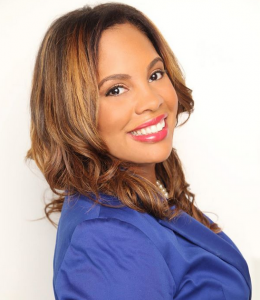
According to their recent data, the U.S. Department Health & Human Services’ Office of Minority Health reports that about four out of every five African-American women are overweight or obese. “I think there’s a an unspoken standard in corporate America that straight, long hair is pretty and more acceptable than natural. Naturals are still associated with being “angry,” “anti-western” or “hood,” says Teri Harrison, attorney, author, and personal development strategist. In business, success is duplication. Women duplicate what we see as successful. It’s not easy to be your authentic self. But I always wonder if the beauty standard is one that corporate America has set for us or we’ve set for ourselves? If we embrace our truth, wouldn’t the rest follow? If you can make money, they’ll accept you the way you are. “The more Black women who work in corporate positions and wear their hair naturally, the more role models there’ll be for women who’re afraid to let go traditional hair rules. Michelle Obama could things change a lot. Every African-American woman I know looks to her with such huge admiration,” says Teri Harrison, attorney, author, and personal development strategist, says Harrison.
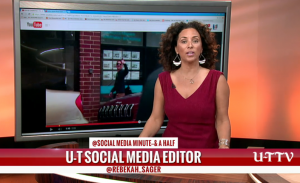
My hair is naturally curly, but I’ve recently taken to curling the ends with a curling iron to control the curl and look more glam and less beach-tousled. I’ve struggled with my hair my whole life. But, the truth is I’m not overly concerned about my hair. It’s thinned a lot lately, so I’m glad to have it. I’m very gray, so I have to color it. I think about extensions, but they’re pretty expensive. I remember my close friend going through chemo and loosing her hair, it was the least of her problems–it sucked that she lost her hair, but surviving cancer was more important.
